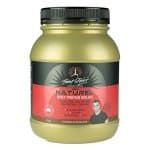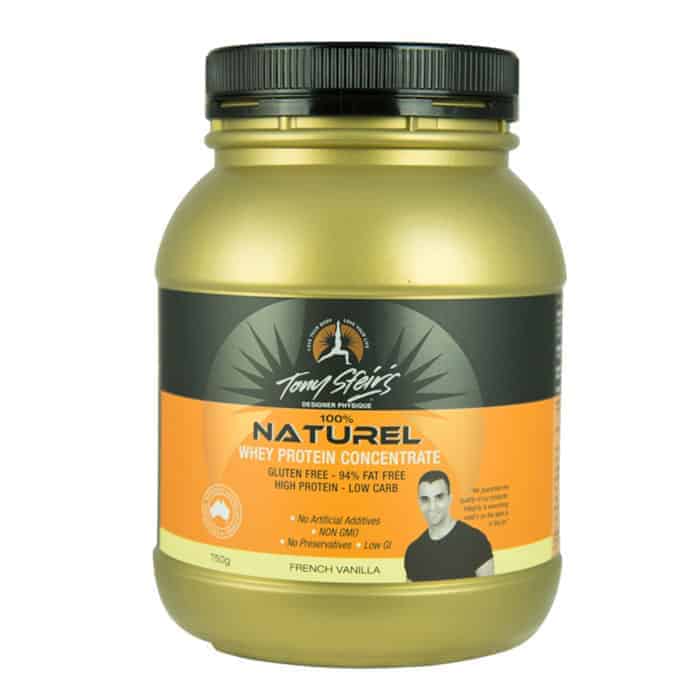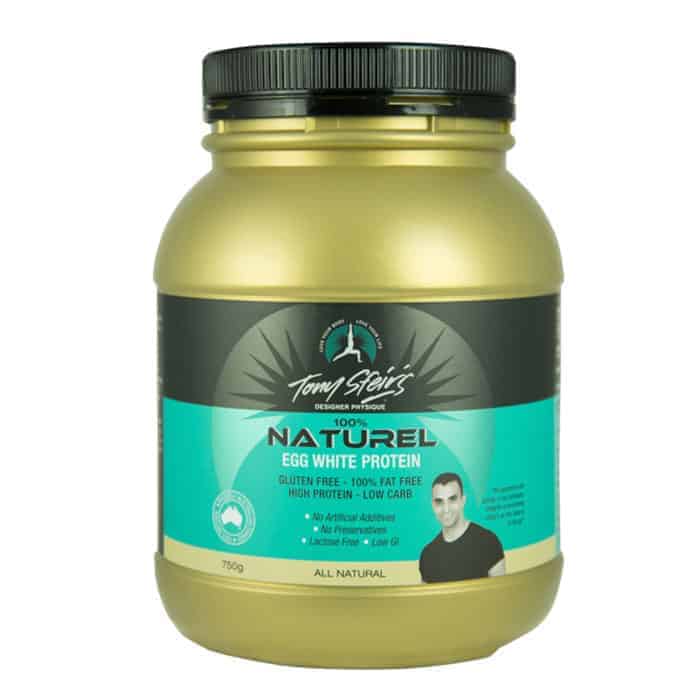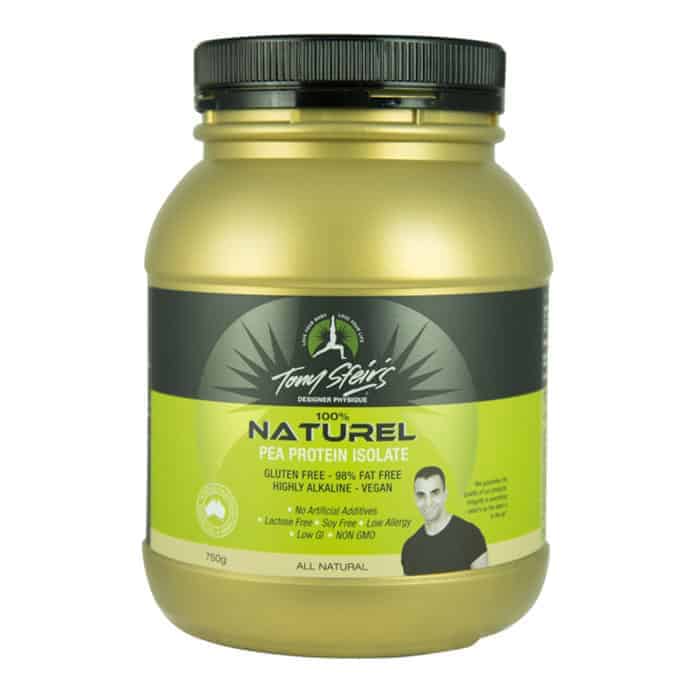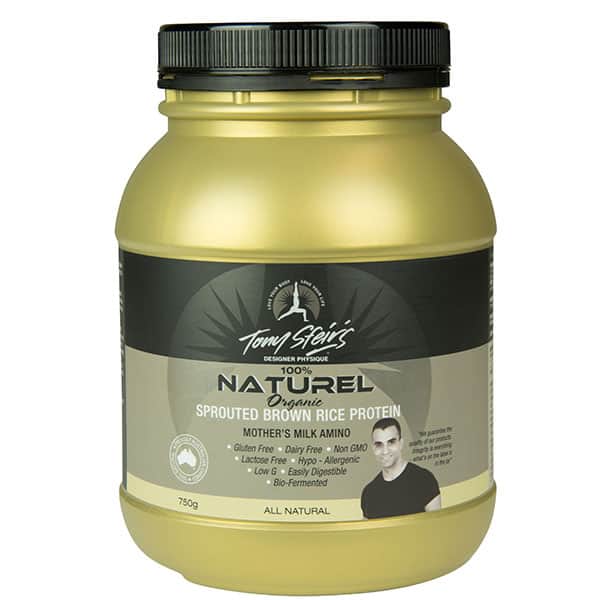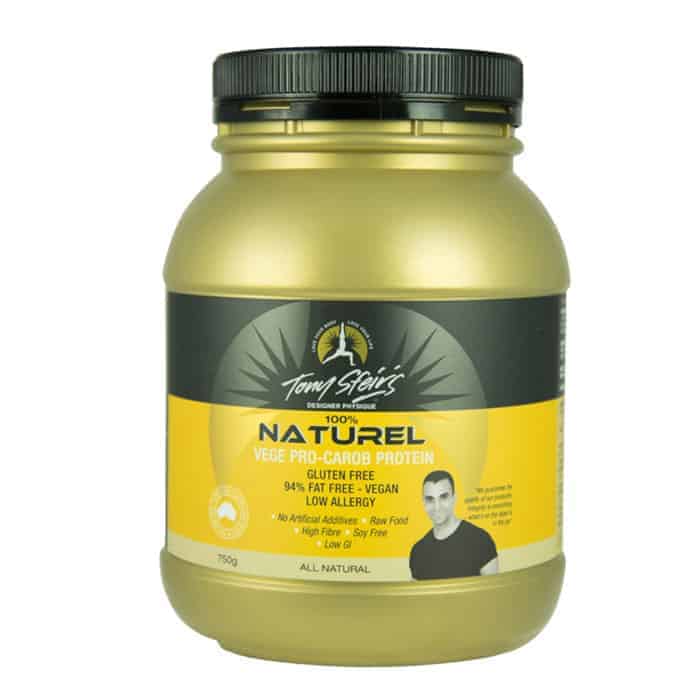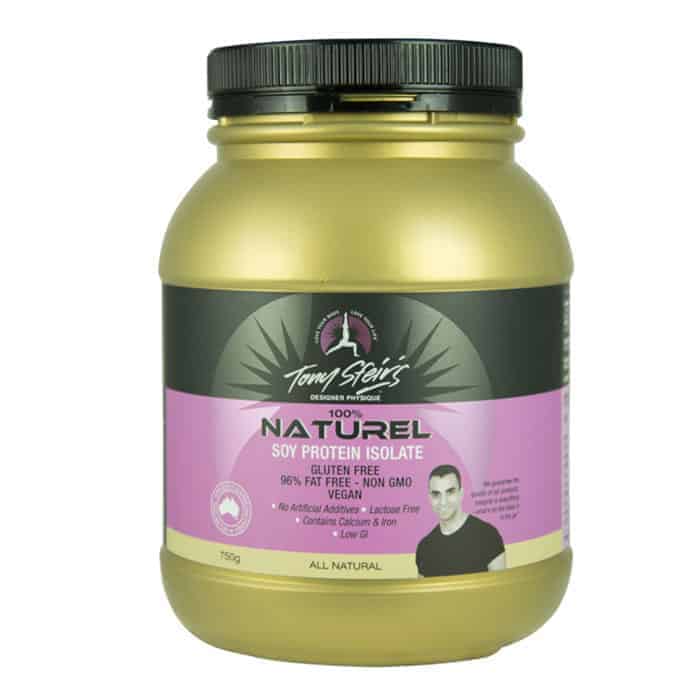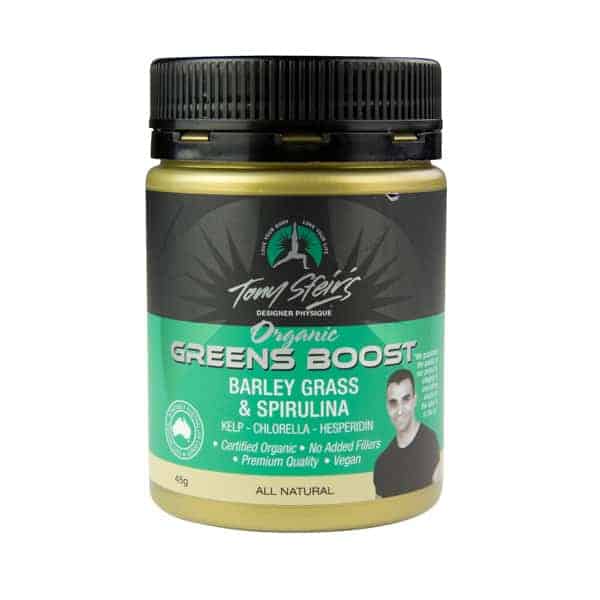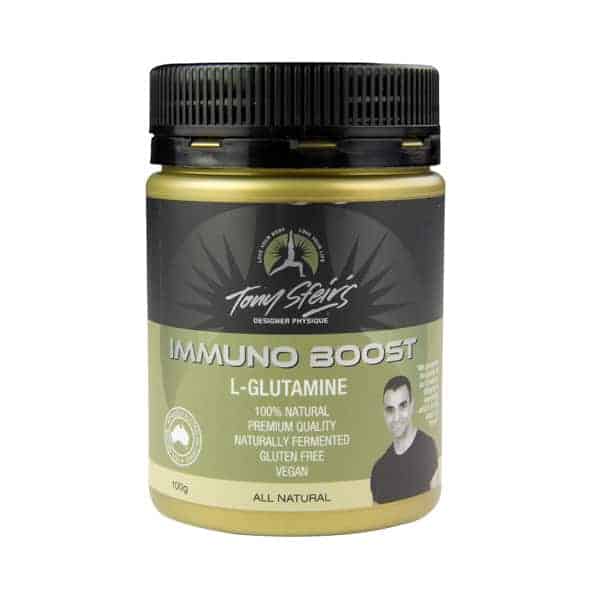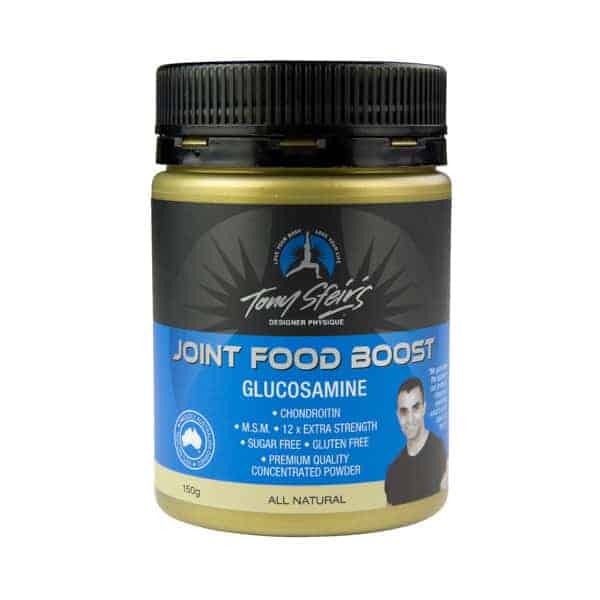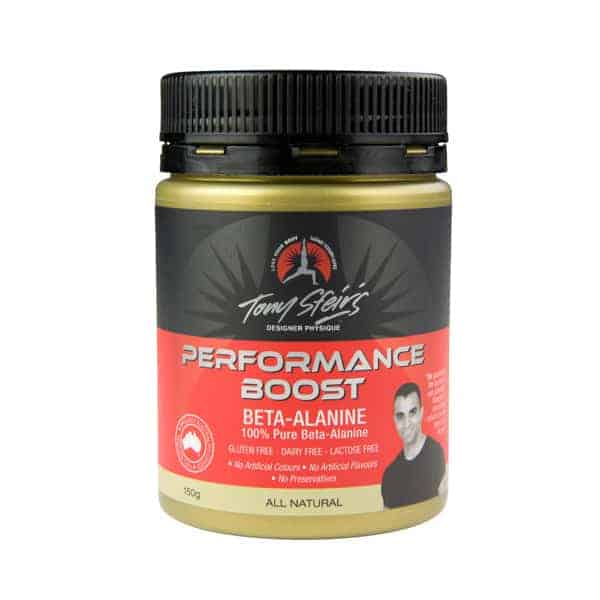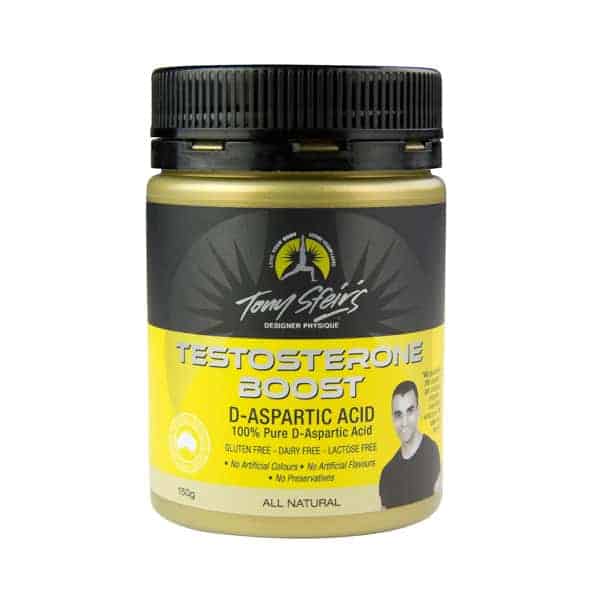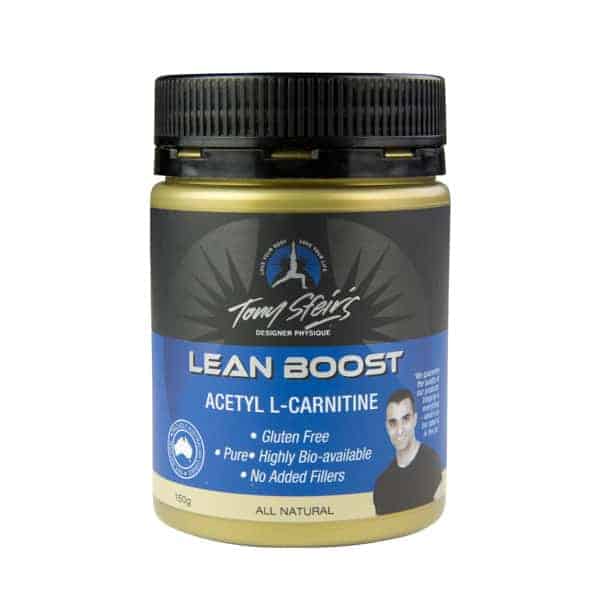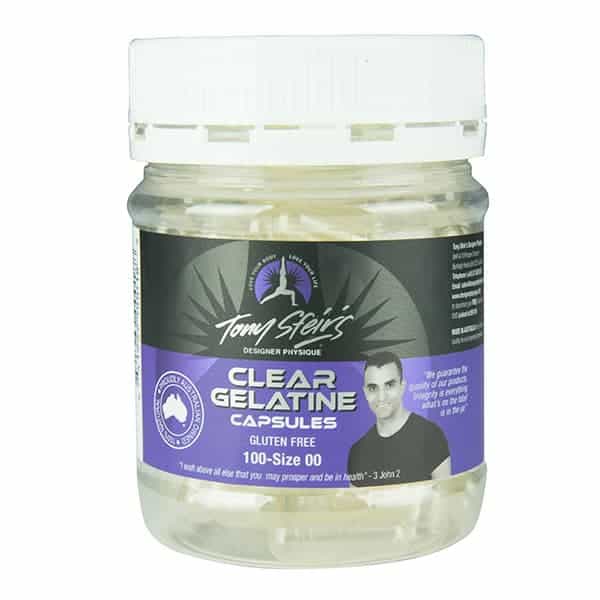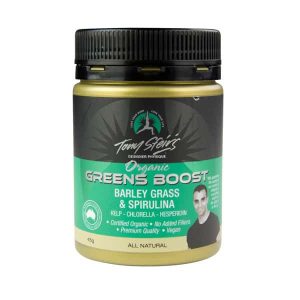Have you ever tried a supplement that is supposed to be good for you and benefit your health but found you had a negative reaction to it?
You’re not alone, in fact this is a common issue for many customers taking nutritional supplements. At Designer Physique, one of our main points of difference is that our products contain no additives, amino acids or inferior blends.
Our products are made from the purest, high quality ingredients with the entire formula (including flavours and sweeteners) being as natural as possible. You might wonder why a protein company would want to steer clear of inferior blends, additives and amino acids.
Aren’t amino acids supposed to be healthy and protein blends the current trend? While these are both valid points, Designer Physique’s products are a point of difference on the supplement market and for a very purposeful reason.
Why we focus on providing clean supplements
The company’s founder, Tony Sfeir suffered from several food additive sensitivities and intolerances himself and found it hard to find high quality supplements without the low-quality additives that flared up his allergies. Find out more here about Tony Sfeir and how Designer Physique came into existence.
The Designer Physique Difference
Our product design and purpose are simple, we avoid the ingredients and mixes of ingredients that can cause sensitivities and intolerances so that the supplements you eat can support health and wellbeing rather than cause harm like so many others.
Our products do this primarily by avoiding dietary chemicals, not adding amino acids, and not blending together various proteins.
Why we avoid food additives
Several studies and research have been conducted on intolerance reactions to food and food additives, although the prevalence of this is not clearly defined, literature estimates this rate at 5-20%, signifying a consistent percentage of people who experience intolerance reactions from food additives (Hayder, et al., 2011).
Some of the main food additives commonly found in supplements include:
- citric acid
- dextrins/maltodextrins
- artificial flavours
- common artificial sweeteners such as sucralose, aspartame and saccharin.
Research has shown that after ingestion of manufactured citric acid (MCA) several case studies experienced harmful inflammatory reactions such as joint and muscular pain, irritable bowel symptoms, respiratory symptoms and feelings of fatigue (Sweis & Cressey, 2018). Intolerance symptoms such as glucose intolerance that causes alterations to the intestinal microbiota composition (balance of good and bad bacteria in the intestines) can lead to gastrointestinal disturbances such as bloating or cramping and sweet taste receptor activation which activates the biochemical responses to do with glucose and carbohydrates from tasting sweet food. These disturbances and activations are found to be linked to consumption of artificial sweeteners (Ruiz-Ojeda, et. al., 2019).
Our proteins don’t come in blends
Although the idea of a protein blend can be a great combination of all the best bits that each particular protein source has to offer, it certainly isn’t a better choice for everyone.
Designer Physique’s protein supplements are each a pure form of protein that isn’t blended with other protein sources. You might be wondering why this is.
Our products are purposely designed this way to cater to each customer’s individual sensitivities and intolerances. For example, it would be detrimental for a customer with a dairy or lactose allergy to consume a whey-based protein powder as it contains lactose, therefore a blended protein containing whey wouldn’t be an appropriate choice to fuel their body. On the contrary to this, WPI (whey protein isolate) contains less than 1% lactose, so this could still be an appropriate choice for someone with a mild intolerance, find out more about WPI and intolerances here. However, this customer may also have a sensitivity to pea protein, so although a lactose free protein blend seems appropriate based on one intolerance, it doesn’t cater to all their intolerances.
Like Tony, there are many customers who experience multiple sensitivities and intolerances making it harder to find an appropriate supplement, as many that cater to one sensitivity may still set off another. That is the beauty of our non-blended protein sources. Between our options of whey, brown rice, pea, carob, eggwhite and soy there is an option to suit nearly any intolerance.
This is important to us because we believe that everyone should be able to fuel their body with safe, high quality and non-reactive supplements.
No amino acids are added
While supplementation of amino acids shows many benefits, for some people they can cause symptoms of toxicity or intolerance in the body such as nausea, headaches and pain. Amino acids can also interact with several medications including diabetes and thyroid medication and impact blood sugar levels (Takaoka, et. al., 2019).
As many protein supplements on the market contain added amino acids, by excluding these from our protein supplements we are able to once again cater to customers who experience intolerances and sensitivities to specific amino acids and provide them a safe protein supplement option. By having pure sources of amino acid supplements available as well, these can be safely added to our protein supplements to give a more comprehensive supplement alternative without the risk of triggers. See the table below for some pros and cons that can be experienced when supplementing with amino acids (Williams, 2005).
| Amino acids | |
| Pros | Cons |
| Muscle function and mass | Headaches |
| Sports performance | Nausea |
| Skin health | Medication interaction |
| Energy source | Pain |
| Improving digestion | Impact blood sugar levels |
An Easy to digest protein with no additives for you
Whether you have been formally diagnosed with food, food additive or amino acid intolerances or sensitivities or you simply just notice some side effects on consumption, Designer Physique has a safe supplement alternative for you! Our commitment and passion to catering to people’s nutritional supplement needs who suffer from food and additive intolerances is what sets aside our products from the rest and is the Designer Physique difference.
Remember…
As always, if you are noticing side effects from consuming certain ingredients it is highly encouraged to seek advice and undergo further testing through your GP and nutritionist so you can actively address the intolerances you are experiencing.
Our team at Designer Physique can assist you in finding a protein powder that is tailored to your specific needs. We consider any digestive concerns or sensitivities when matching you with a protein powder, ensuring that you get a protein powder that’s right for you. Start by browsing our comprehensive selection of different protein supplements today.
References
Hayder, H., Mueller, U., Bartholomaeus, A. (2011). Review of Intolerance Reactions to Food and Food Additives, International Food Risk Analysis Journal. DOI:10.5772/10683
Ruiz-Ojeda, F. J., Plaza-Díaz, J., Sáez-Lara, M. J., & Gil, A. (2019). Effects of Sweeteners on the Gut Microbiota: A Review of Experimental Studies and Clinical Trials. Advances in nutrition (Bethesda, Md.), 10(suppl_1), S31–S48. https://doi.org/10.1093/advances/nmy037
Sweis, I. E., & Cressey, B. C. (2018). Potential role of the common food additive manufactured citric acid in eliciting significant inflammatory reactions contributing to serious disease states: A series of four case reports. Toxicology reports, 5, 808–812. https://doi.org/10.1016/j.toxrep.2018.08.002
Takaoka, M., Okumura, S., Seki, T., & Ohtani, M. (2019). Effect of amino-acid intake on physical conditions and skin state: a randomized, double-blind, placebo-controlled, crossover trial. Journal of clinical biochemistry and nutrition, 65(1), 52–58. https://doi.org/10.3164/jcbn.18-108
Williams, M. (2005). Dietary Supplements and Sports Performance: Amino Acids. J Int Soc Sports Nutr 2, 63. https://doi.org/10.1186/1550-2783-2-2-63

